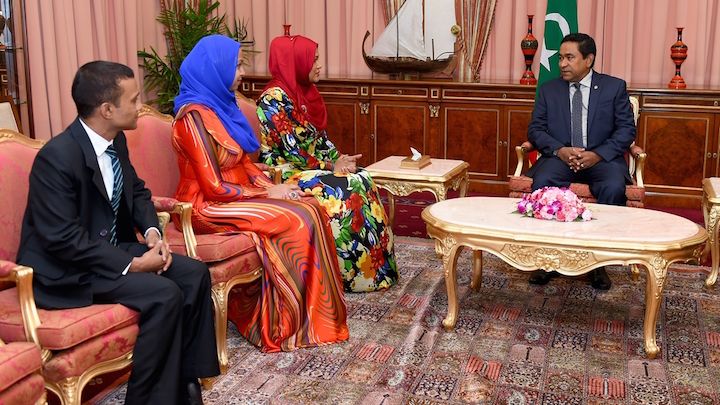Human rights watchdog calls for review of anti-terrorism law

31 Oct 2015, 09:00
The state human rights watchdog has called for amendments to the new anti-terrorism law in order to “remove obstacles” for citizens exercising fundamental rights enshrined in the constitution.
The Human Rights Commission of Maldives (HRCM) said it had shared concerns over the draft legislation with the Attorney General’s Office in April.
The commission submitted a paper on safeguarding human rights in the anti-terror law based on the constitution, domestic laws and international conventions, but its concerns were not addressed when the bill was passed and ratified last week.
“We note that a bill being passed into law like this is a very big challenge posed to this commission’s efforts to ensure the rights of the Maldivian people,” the HRCM said in a statement on Thursday.
Become a member
Get full access to our archive and personalise your experience.
Already a member?
Discussion
No comments yet. Be the first to share your thoughts!
No comments yet. Be the first to join the conversation!
Join the Conversation
Sign in to share your thoughts under an alias and take part in the discussion. Independent journalism thrives on open, respectful debate — your voice matters.




